Lately, all around the world, we have been surrounded by unexpected events. And the reason for these events is ‘global warming’. Things that are usually unheard of are starting to get common.
Here are a few unusual things that are taking place around us.
1. Snowfall in Hawaii.
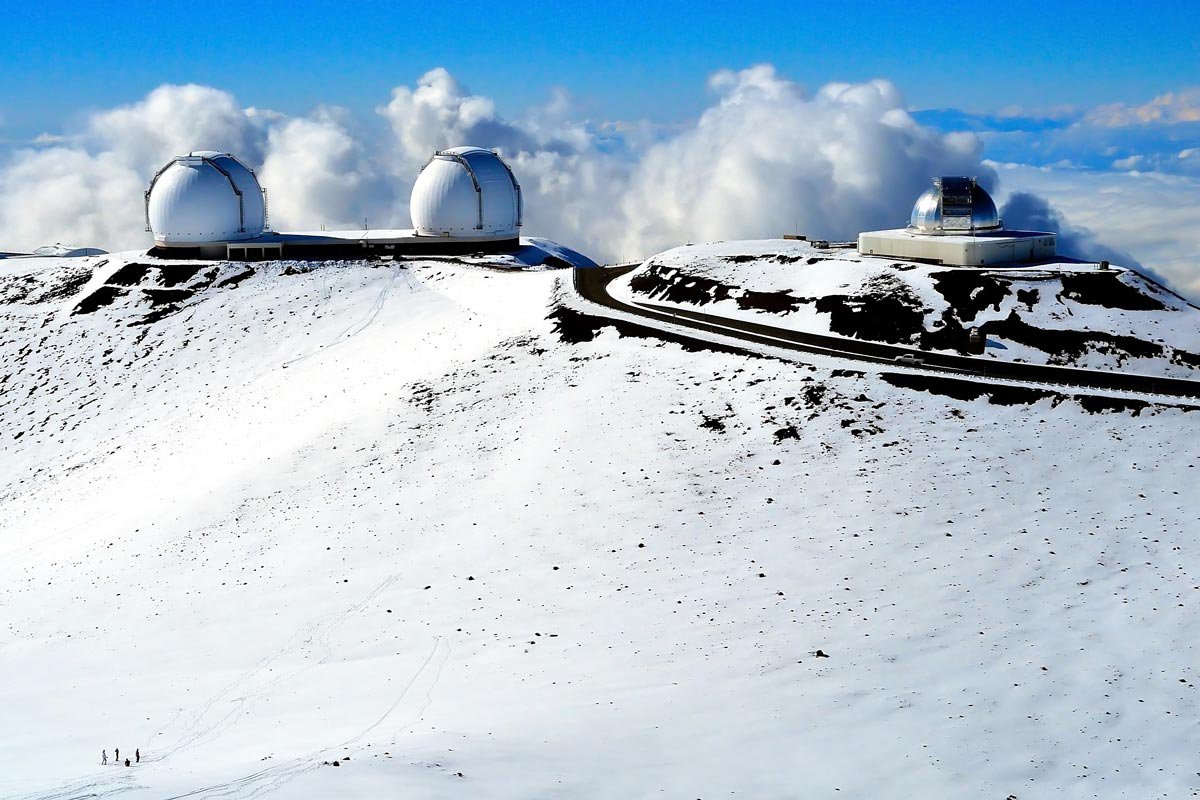
In an unusual event in February 2019, Hawaii was covered in snow after a massive storm hit the state and has wrecked havoc ever since. While snow is not unheard of in the mountainous regions of Hawaii, such heavy snowfall, going up to 6,200 feet is definitely a first.
Snowstorm on Maui!! Crazy! pic.twitter.com/sKvCglbdRF
— Reel News Hawaii (@reelnewshawaii) February 11, 2019
2. Melting glaciers in the Himalayas.
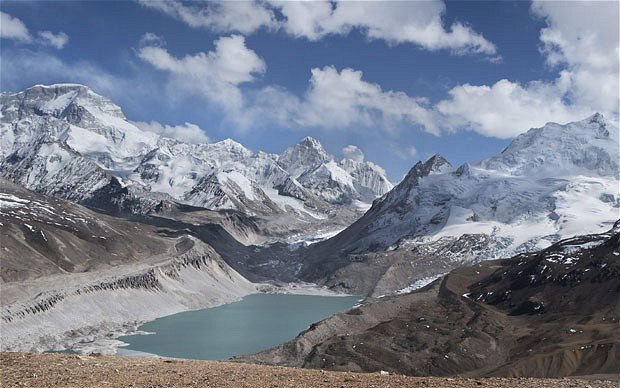
Even though the glaciers are a million years old, the speed at which the glaciers are melting is shocking, and this is credited to the global emissions. Two-thirds of Himalayan glaciers, the world’s “Third Pole”, could melt by 2100 if global emissions are not reduced in time. This drastic melting could affect 1.3 billion lives.
3. 40% Insects dying because of catastrophic collapse of the ecosystems.
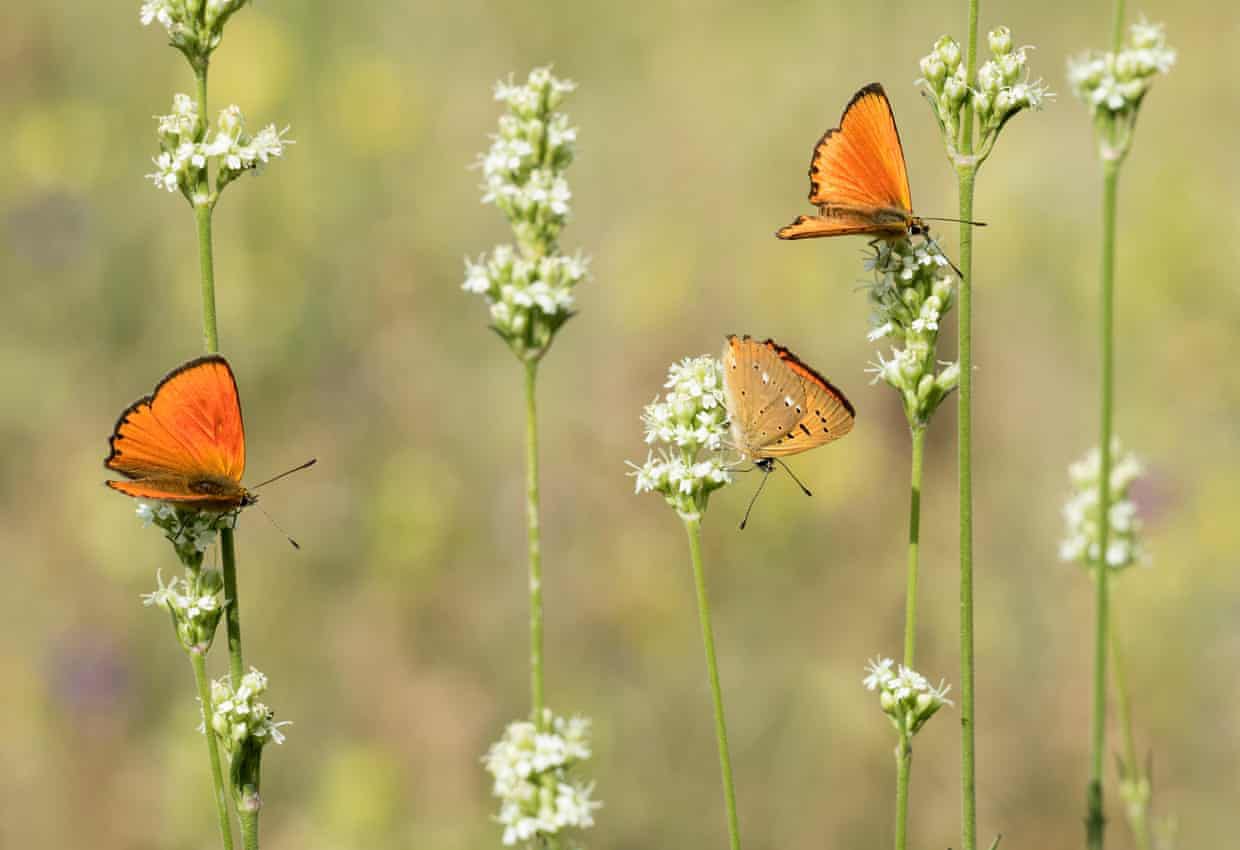
According to the first global scientific review, over the years, the world’s insects are hurtling down the path to extinction, threatening a “catastrophic collapse of nature’s ecosystems”. It’s not just the big animals facing extinction, if we continue living the way we do, according to an analysis, it is expected that more than 40% of insect species are declining and a third are endangered.
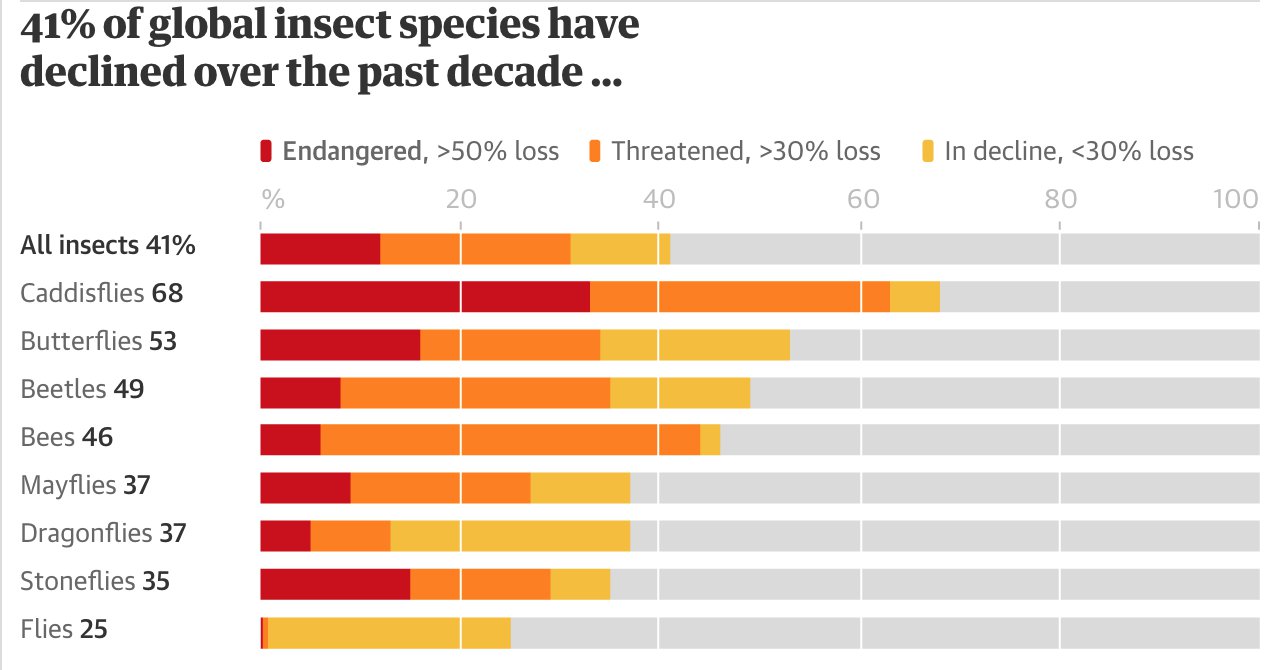
4. Polar bears invading towns in Northern Russia.
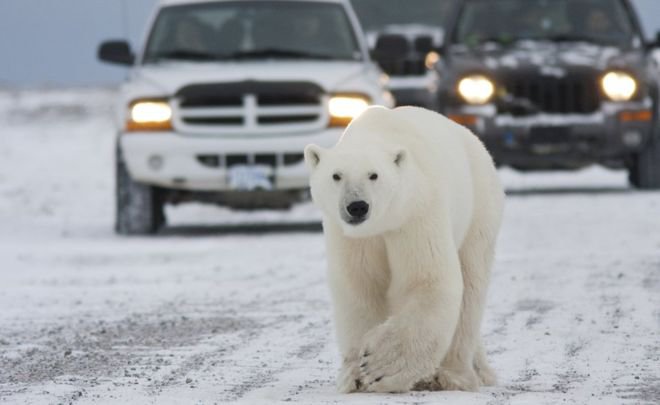
The effects of global warming on the Arctic is a matter of grave concern. Air and water temperatures are rising, the Arctic ice is thinning at a fast pace and the melting of the Greenland ice sheet is credited to the erratic weather temperatures. With the polar bears’ natural ecosystem threatened, they have been forced to make way towards the towns, sometimes in the lookout for food. The species is vulnerable as the loss of ice habitat due to climate change from global warming is evident. This puts both, the humans as well as the endangered species at risk.
Russia’s Novaya Zemlya is considering a cull to repel a “mass invasion” of polar bears, like this 1 in a young family’s hallway. 52 bears counted in Belushya Guba. They should be hunting seals on sea ice but global warming is driving them to land @joli_mai https://t.co/h0HTZ3zWln pic.twitter.com/xYofvdizXb
— Alec Luhn (@ASLuhn) February 10, 2019
5. Heatwave in Australia.
With rising temperatures, reaching up to 49.1 C in January and February, Australia has been subjected to extreme weather conditions, even a health warning was issued across New South Wales. Reportedly, the citizens complained of a number of heat related illnesses like nausea, cramps, shallow breathing to name a few.
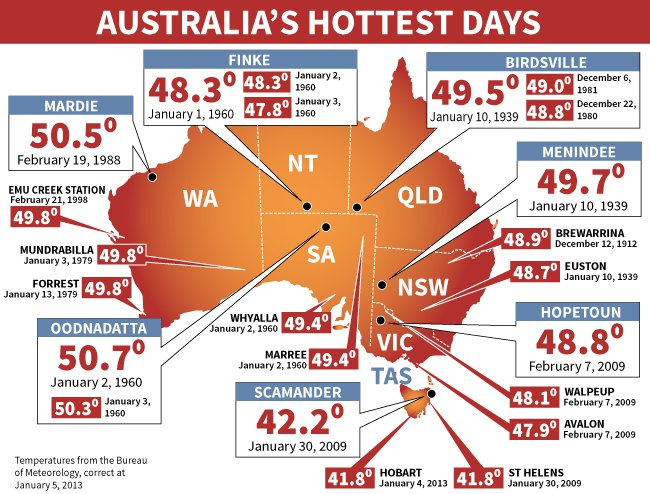
6. The Arctic turning brown because of extreme weather conditions.
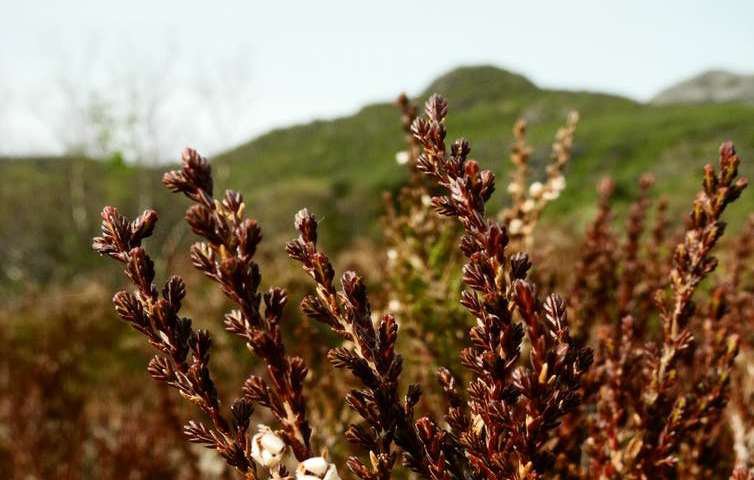
Over the past few years, it has been observed that the Arctic has been turning brown. This, reportedly, has been credited to the extreme temperatures the region faces.
7. Toxic black snow falling in Siberia, Russia.
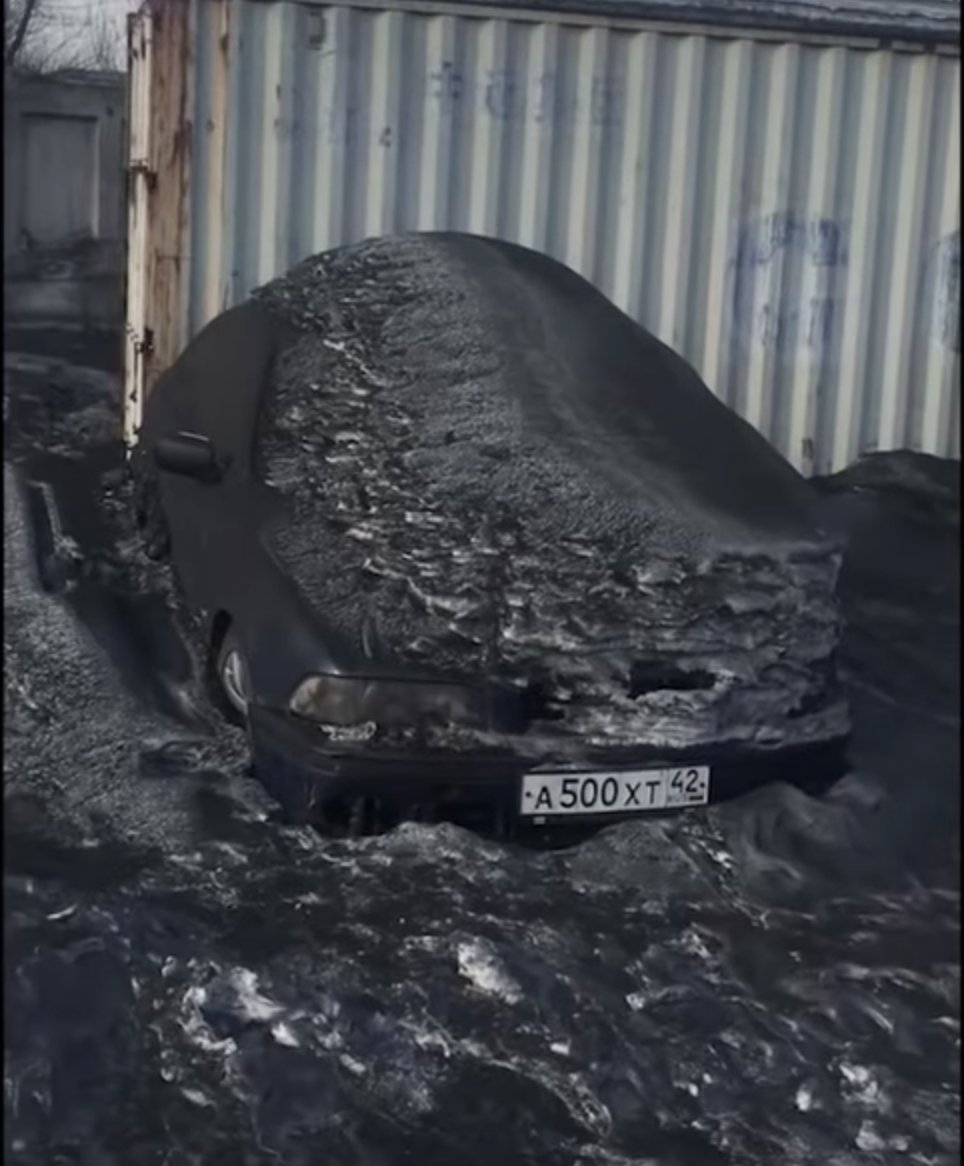
When we think of snow, the first thing that comes to mind is a thick white sheet of snow covering the area. However, that’s not the case for Siberia, Russia.
8. Hailstorm in Noida, Delhi-NCR
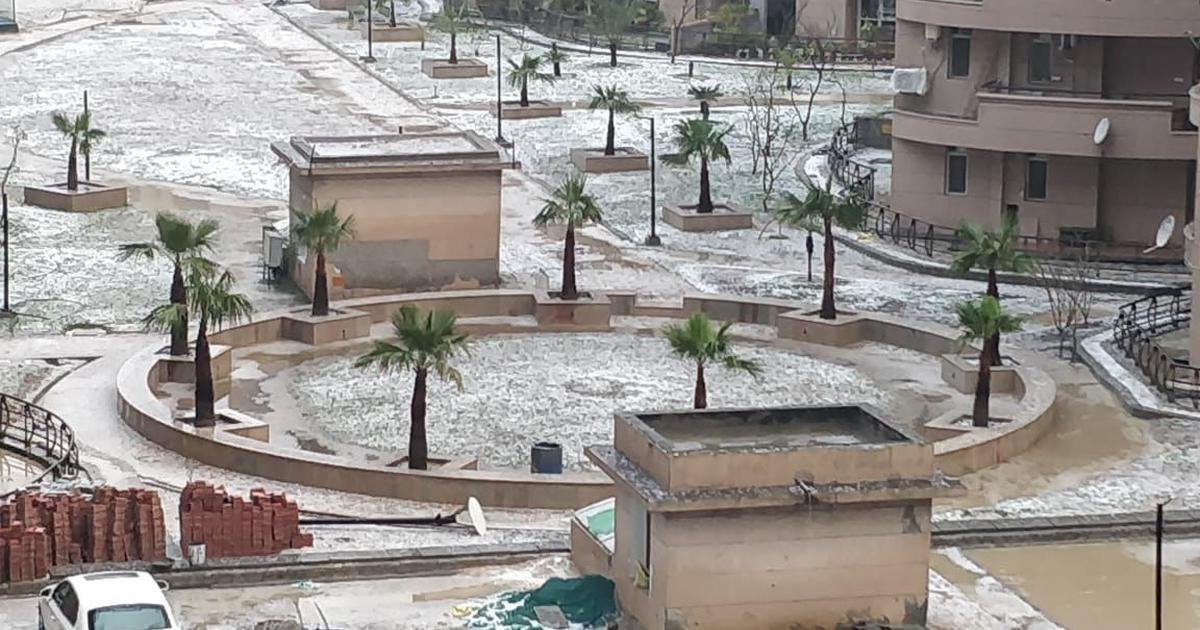
Earlier this month, in February, parts of Delhi-NRC faced a hailstorm. While hailstorms aren’t unusual for Delhi, a hailstorm this severe is definitely unusual. The temperature was six notches above normal. It was because of a multiple factors that Delhi faced a white-ice blanket. It was the cold winds and low temperatures, with western disturbance bringing showers over northern India, lead to thundercloud and hail formation. The rapid change in weather was unusual and unexpected.
9. Chicago was colder than Antarctica, Alaska and the North Pole.
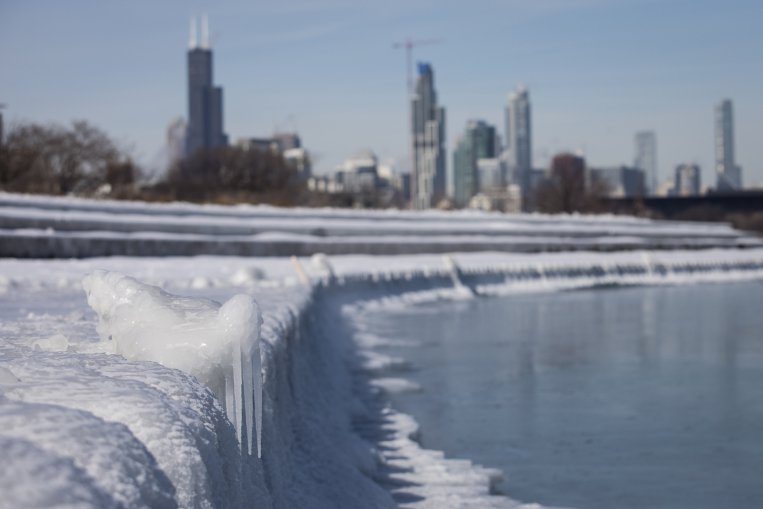
The temperatures hit an all time low in Chicago this January, 2019. With an extreme temperature of -39, Chicago was colder than Antarctica, parts of Alaska and the North Pole.

















